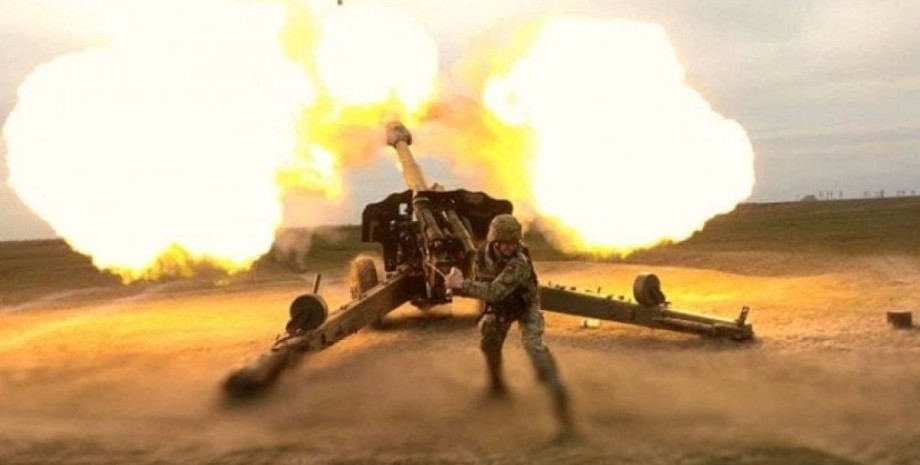
 By Victor Duda
By Victor Duda
Yes, negotiations are currently underway to reach a political agreement on joint buildings of ammunition for Ukraine, as EU ambassadors seek to eliminate the latter obstacles before the expected statement next week. Until now, the messages of the block have not been able to reach consensus on the details of the plan presented by the diplomatic service in early March.
The proposed EU is aimed at financial support for Member States for the departure of ammunition from available stocks to Ukraine, increasing the production of 155 mm ammunition and increasing the total industrial capacity of the block. Last week, the EU Defense Ministers reached a fundamental consent to the use of EUR 2 billion from the European Peace Fund (EPF), the EU extrabudgetary fund, to finance the first two destinations.
While 27 EU countries seem to have reached an agreement that 1 billion euros will be used to send shells from already existing but largely exhausted stocks, there are discussions about how to use the remaining 1 billion euros, the publication writes. Referring to EU diplomats. The EU has identified 15 enterprises in 11 EU Member States for the production of 155 mm artillery ammunition according to NATO standards and 5 producers of 152 mm of Soviet model ammunition.
However, some Member States want them to be allowed to buy ammunition outside the EU for Ukraine, if Europe is not able to produce them quickly within the country. "We do not know if the European industry will be able to produce products according to needs. If it is unable to do it quickly and in large quantities, we should be allowed to contact third countries," one of the EU diplomats said. Potential non -European suppliers may be the United States and South Korea.










All rights reserved IN-Ukraine.info - 2022